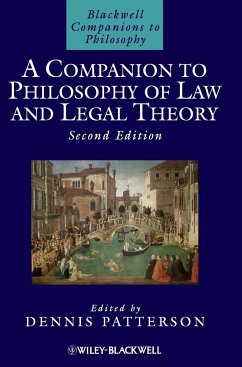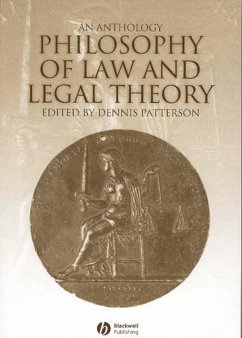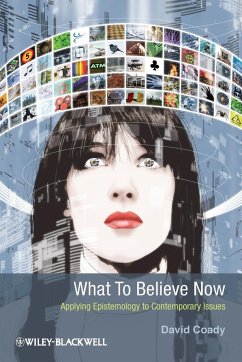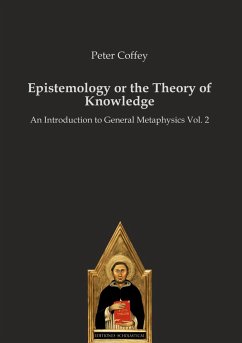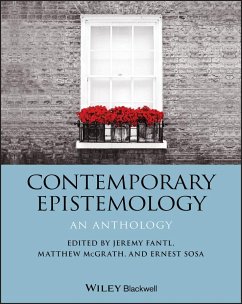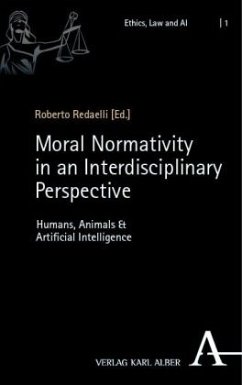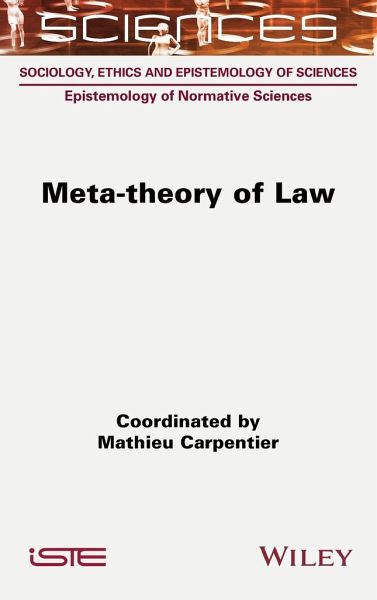
Meta-Theory of Law
Versandkostenfrei!
Versandfertig in über 4 Wochen
146,99 €
inkl. MwSt.
Weitere Ausgaben:

PAYBACK Punkte
73 °P sammeln!
This book is devoted to the theory of legal theory, also referred to as the "meta-theory of law".The aim of this emerging discipline is to determine the objectives, aims and methods of legal theory, and to establish the conditions of possibility as well as the validity criteria for theoretical discourse on law. The contributions in this book provide an overview of these aspects through different perspectives and approaches.The very purpose of legal theory has been disputed and the subject area is currently subject to increasing cross-fertilization between different, and sometimes diverging, tr...
This book is devoted to the theory of legal theory, also referred to as the "meta-theory of law".
The aim of this emerging discipline is to determine the objectives, aims and methods of legal theory, and to establish the conditions of possibility as well as the validity criteria for theoretical discourse on law. The contributions in this book provide an overview of these aspects through different perspectives and approaches.
The very purpose of legal theory has been disputed and the subject area is currently subject to increasing cross-fertilization between different, and sometimes diverging, traditions. Meta-theory of Law assesses these emerging trends by questioning two basic objects of legal theory, the "nature" and the "science" of law.
The aim of this emerging discipline is to determine the objectives, aims and methods of legal theory, and to establish the conditions of possibility as well as the validity criteria for theoretical discourse on law. The contributions in this book provide an overview of these aspects through different perspectives and approaches.
The very purpose of legal theory has been disputed and the subject area is currently subject to increasing cross-fertilization between different, and sometimes diverging, traditions. Meta-theory of Law assesses these emerging trends by questioning two basic objects of legal theory, the "nature" and the "science" of law.





